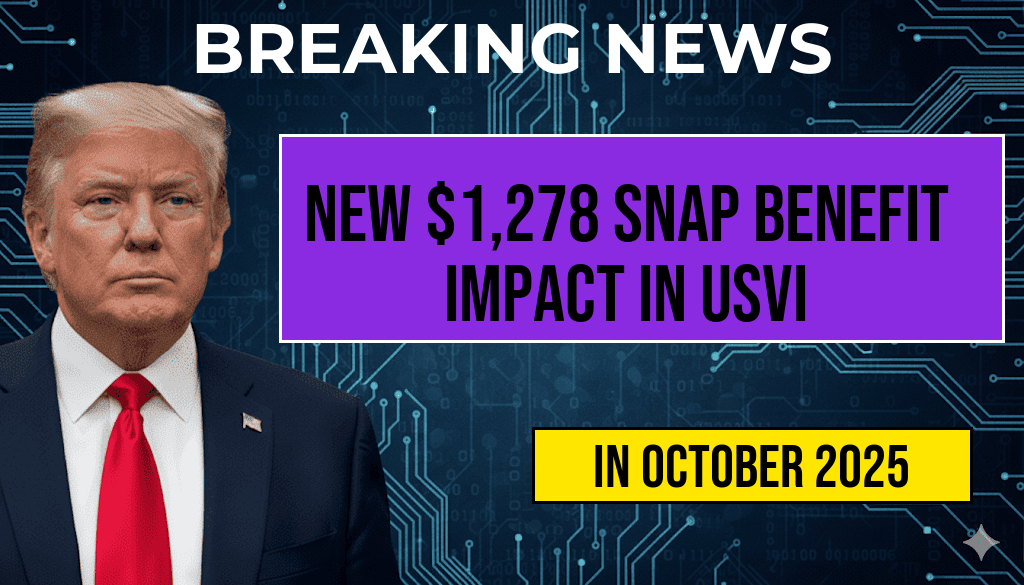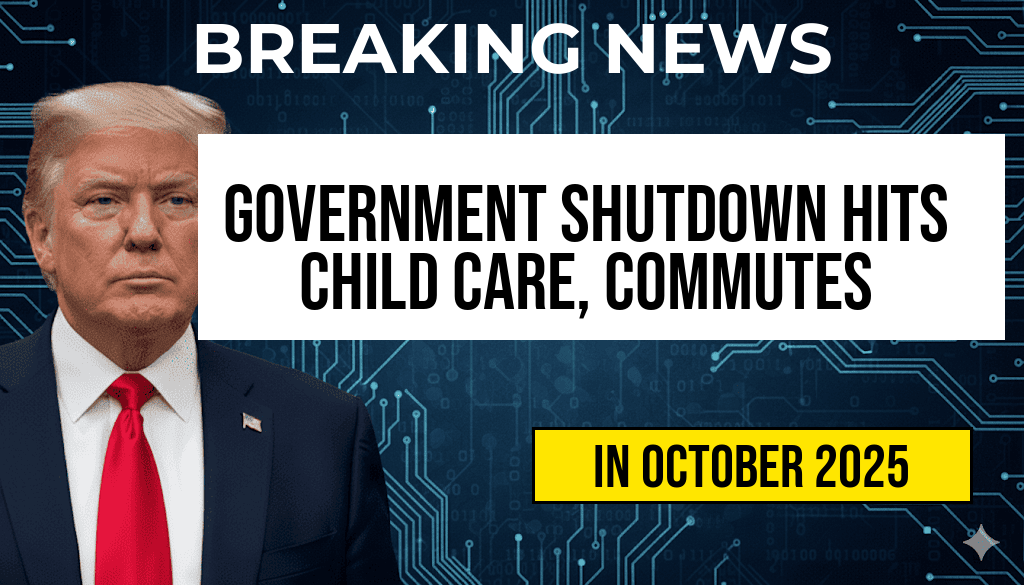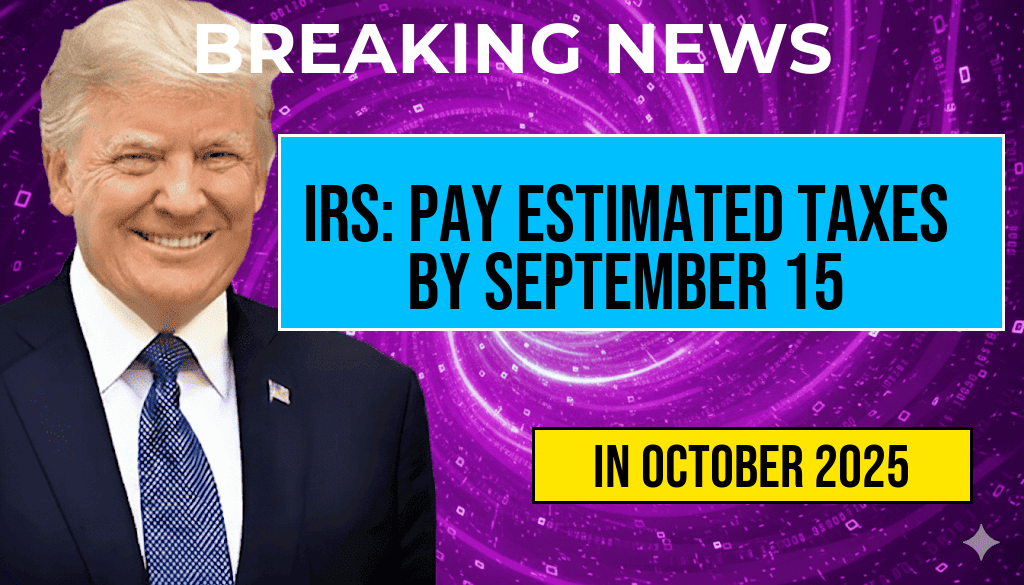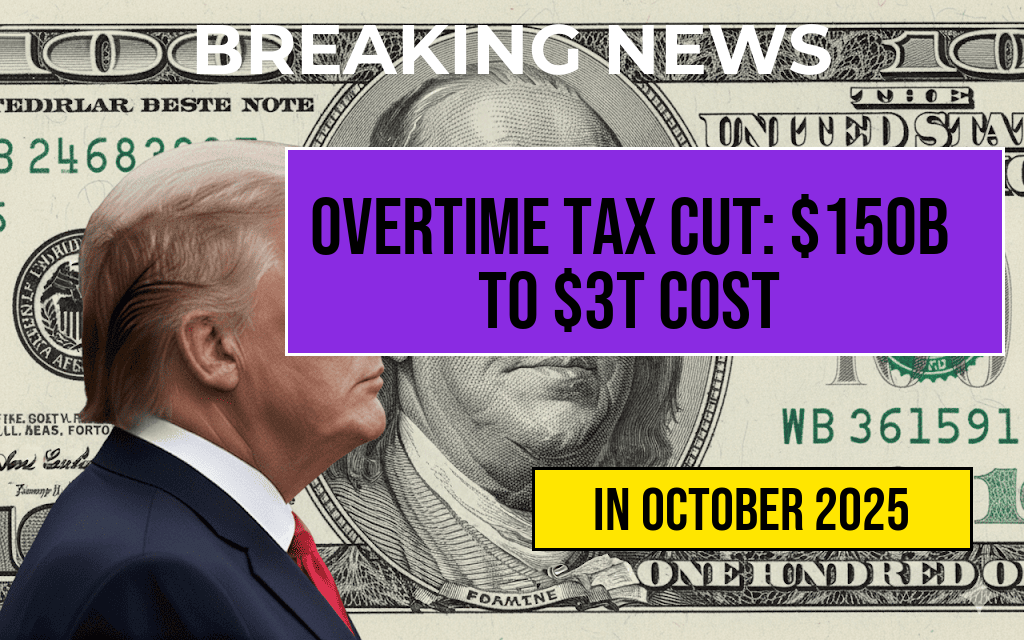The Internal Revenue Service (IRS) has issued an important notice urging taxpayers to ensure their estimated taxes are paid by September 15 to avoid incurring penalties. This announcement comes as part of the agency’s ongoing efforts to enhance compliance with tax obligations. The IRS emphasizes that timely payments are crucial for individuals and businesses alike, particularly amid recent economic fluctuations and changing tax regulations. Failing to pay the correct amount by the deadline can result in penalties that could significantly impact financial planning for the upcoming tax year. Taxpayers are encouraged to review their estimated tax payments and make any necessary adjustments before the deadline to avoid unnecessary fees.
Understanding Estimated Taxes
Estimated taxes are prepayments made to the IRS on income that is not subject to withholding. This typically includes earnings from self-employment, rental income, dividends, and interest. For many taxpayers, especially those who are self-employed or have significant non-wage income, understanding the estimated tax requirements is critical.
Who Needs to Pay Estimated Taxes?
- Self-employed individuals earning $400 or more.
- Individuals with investment income exceeding $1,000.
- Taxpayers who do not have enough tax withheld from their paychecks.
Key Deadlines for 2023
| Payment Due Date | Period Covered |
|---|---|
| April 15 | January 1 – March 31 |
| June 15 | April 1 – May 31 |
| September 15 | June 1 – August 31 |
| January 15 (following year) | September 1 – December 31 |
Consequences of Late Payments
Taxpayers who miss the estimated tax payment deadline may face penalties and interest on the unpaid amount. The IRS calculates penalties based on the amount owed and the duration of the delay. Additionally, the failure to pay sufficient estimated taxes throughout the year can result in an underpayment penalty, which can further complicate a taxpayer’s financial situation.
How to Make Estimated Tax Payments
There are several methods available for making estimated tax payments:
- Online Payments: Taxpayers can use the IRS Direct Pay tool or the Electronic Federal Tax Payment System (EFTPS) to make payments online.
- Mailing a Check: Payments can also be sent via check or money order, accompanied by Form 1040-ES.
- Phone Payments: Some taxpayers may prefer to make payments via phone through the IRS’ automated service.
Help and Resources
For those needing assistance or more information about estimated taxes, the IRS provides a wealth of resources on its official website. Taxpayers can access tools, forms, and publications that clarify payment processes and requirements. Additionally, consulting with a tax professional can provide tailored guidance based on individual circumstances. For more details, you can visit the IRS Estimated Taxes page or refer to the Forbes guide on estimated tax payments.
As the September 15 deadline approaches, taxpayers are urged to review their financial status and ensure their estimated taxes are accurately calculated and paid on time. Staying informed and proactive can help avoid penalties and maintain compliance with tax obligations.
Frequently Asked Questions
What is the deadline for paying estimated taxes according to the new IRS notice?
The new IRS notice states that taxpayers must pay their estimated taxes by September 15 to avoid incurring any penalties.
What penalties might taxpayers face for not paying estimated taxes on time?
If taxpayers fail to pay their estimated taxes by the deadline, they could face penalties that may increase the overall tax liability for the year.
Who is required to pay estimated taxes?
Generally, individuals who expect to owe more than a certain amount in taxes for the year are required to pay estimated taxes, which typically includes self-employed individuals and those with significant income not subject to withholding.
How can taxpayers calculate their estimated tax payments?
Taxpayers can calculate their estimated tax payments using the IRS Form 1040-ES, which provides worksheets and guidance on how to determine the appropriate amount based on expected income.
What should taxpayers do if they cannot pay their estimated taxes by the deadline?
If taxpayers are unable to pay their estimated taxes by the September 15 deadline, they should consider filing for an extension and seeking payment plans with the IRS to mitigate penalties.











